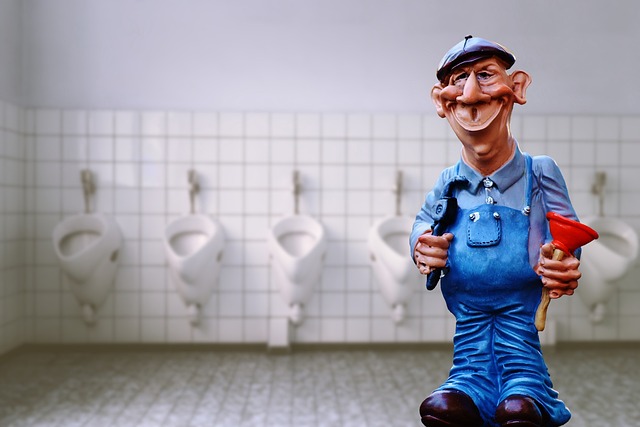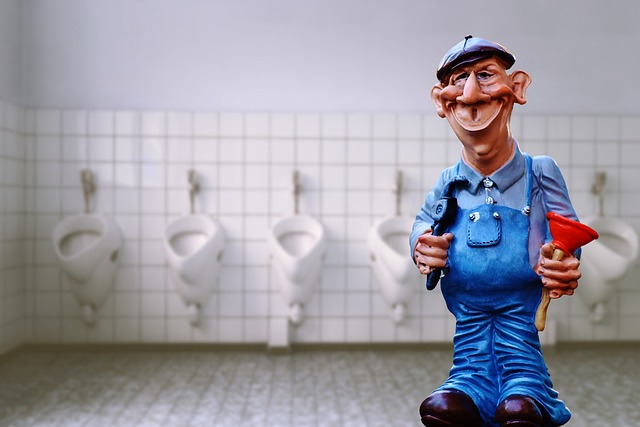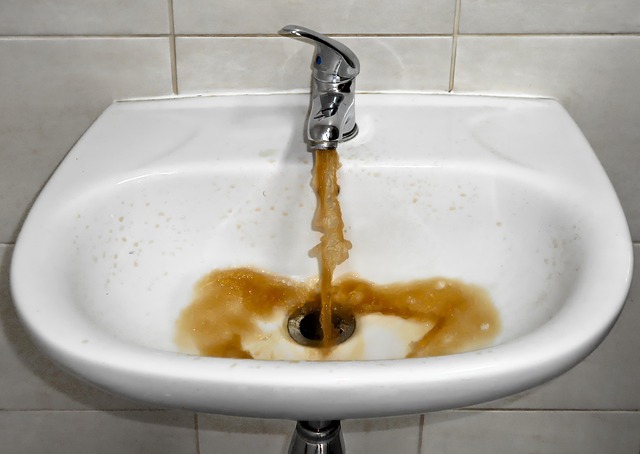Hard water, rich in calcium and magnesium, causes significant plumbing problems like reduced water pressure, inefficient heating, scale buildup, and increased energy costs. It narrows pipe diameters, leads to clogs, lowers pressure, and raises leak risks. To tackle these common plumbing issues, implement solutions like water softening, regular filter cleaning/replacement, pipe inspection, and annual professional checks for optimal system performance and damage prevention.
Hard water is a pervasive issue, affecting many homes without us even realizing. It’s characterized by high mineral content, especially calcium and magnesium, leading to various common plumbing issues over time. This article delves into the truth about hard water and its impact on your plumbing systems. We’ll explore the causes, the effects, from clogged pipes to reduced water heater efficiency, and provide practical solutions like water softening techniques and maintenance tips to prevent these recurring problems.
Understanding Hard Water: Causes and Characteristics

Hard water is a common plumbing issue that occurs when water contains high levels of minerals, primarily calcium and magnesium. These minerals are naturally present in various sources, such as groundwater, which supplies many homes and businesses. Over time, the accumulation of these minerals inside pipes, fixtures, and appliances can lead to significant problems.
The characteristics of hard water include reduced water pressure due to mineral buildup, which can hinder the efficient flow of water throughout your plumbing system. This not only results in slower drainage but also increases energy costs for heating water. Moreover, hard water can cause common plumbing issues like scale buildup on heating elements and inside water heaters, leading to reduced efficiency and potential equipment damage.
The Impact on Plumbing Systems: Common Issues and Dangers

Hard water, characterized by high mineral content, can significantly impact plumbing systems over time. The minerals, primarily calcium and magnesium, accumulate in pipes, fixtures, and appliances, leading to various common plumbing issues. One of the most visible effects is the formation of scale, which not only reduces water flow but also contributes to reduced heating efficiency in water heaters.
Beyond aesthetic concerns, hard water can cause serious structural damage to plumbing. The mineral buildup can narrow pipe diameters, leading to clogs and reduced water pressure throughout the system. This can result in costly repairs or even replacement of pipes and appliances. Additionally, hard water increases the risk of leaks, as the mineral deposits weaken pipe structures, making them more susceptible to bursting.
Solutions and Prevention: Softening Water and Maintenance Tips

To tackle common plumbing issues associated with hard water, consider implementing several effective solutions and preventive measures. One of the most popular methods is water softening. This process involves using a water softener to remove calcium and magnesium ions from your water supply, thereby reducing its hardness. By installing a whole-house water softener, you can ensure that every faucet, showerhead, and appliance benefits from softened water, extending the life of your plumbing fixtures and appliances.
Regular maintenance is key to preventing hard water damage. This includes cleaning or replacing filters in water softening systems as recommended by the manufacturer. Additionally, inspect pipes for leaks or corrosion, especially in areas prone to mineral buildup. Scheduling annual professional inspections can also help identify potential problems early on. By taking proactive steps, you can minimize the occurrence of common plumbing issues related to hard water and maintain a smooth-running plumbing system.
Hard water can cause significant damage to plumbing systems over time, leading to costly repairs and replacement. By understanding the causes and impacts outlined in this article—including the exacerbation of common plumbing issues like mineral buildup and reduced water pressure—homeowners can proactively implement solutions like water softening. Regular maintenance, including filtering and regular system checks, is essential to prevent hard water from compromising the longevity and efficiency of your plumbing infrastructure.
